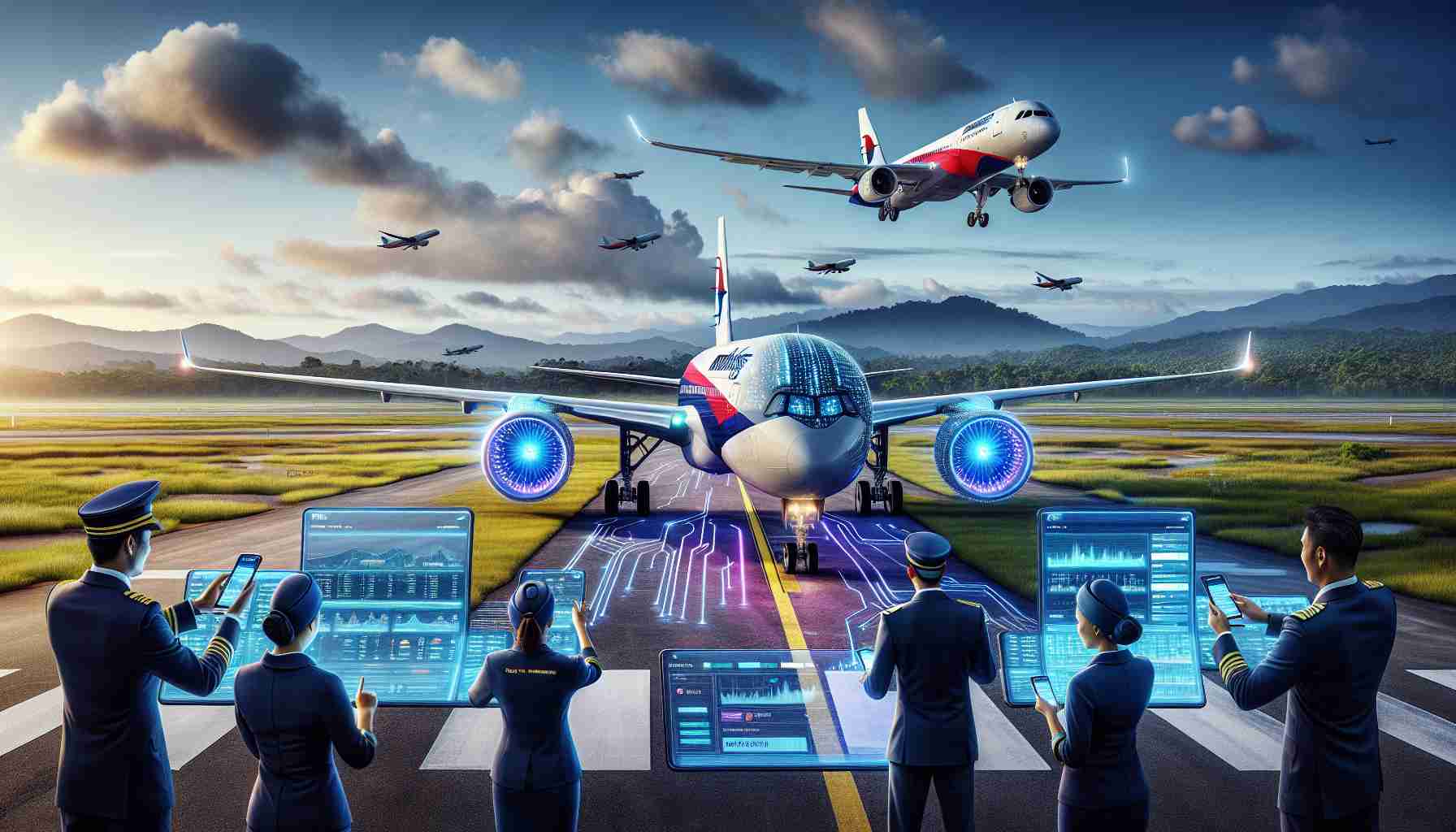Malaysia Airlines has embarked on an innovative journey towards digital transformation, forging a groundbreaking collaboration with tech giant Huawei. This strategic partnership aims to completely redefine the airline’s digital landscape by leveraging Huawei’s advanced digital solutions through Consumer Cloud Services.
By diving deep into traveler preferences and analyzing market trends, Malaysia Airlines is set to enhance its customer-centric approach significantly. The partnership, officially sealed at the Huawei Developer Conference 2024 in Dongguan, China, marks a pivotal moment in the airline’s evolution.
Ahmad Luqman Mohd Azmi, CEO of Malaysia Aviation Group, expressed excitement about the joint venture, emphasizing the focus on creating personalized experiences and providing tailored solutions for customers in the Apac region.
Vincent Wen, Huawei’s cloud services business growth director, underscored the commitment to strengthening the partnership. By combining telecommunications infrastructure, digital expertise, and a deep understanding of the Chinese market, both entities are poised to make a lasting impact in the industry.
This strategic alignment is not just about technology; it represents a fusion of market acumen, innovation, and brand presence. Together, Huawei and Malaysia Airlines are set to tap into the vibrant Chinese tourism landscape, opening doors to new opportunities and cementing their place as leaders in the evolution of air travel.
Revolutionizing Air Travel: Malaysia Airlines’ Digital Transformation Unveiled
Malaysia Airlines’ collaboration with Huawei to revolutionize its digital landscape has presented a plethora of opportunities for the airline to enhance customer experiences and streamline operations. As this partnership unfolds, several key questions emerge:
1. How will Malaysia Airlines leverage Huawei’s advanced digital solutions to personalize customer experiences and stay ahead in the competitive airline industry?
– Malaysia Airlines aims to utilize Huawei’s expertise in digital solutions to customize services based on traveler preferences, ultimately providing a more personalized and seamless travel experience for customers.
2. What are the potential challenges associated with this digital transformation initiative?
– One significant challenge could be ensuring the security and privacy of customer data in the digital realm, as data breaches and cyber threats continue to pose risks to airlines and their passengers.
In addition to the benefits highlighted in the previous article, there are further advantages and disadvantages to consider regarding Malaysia Airlines’ digital transformation:
Advantages:
– Improved customer engagement through personalized services and tailored solutions
– Enhanced operational efficiency and cost savings through digital automation and data analytics
– Access to new markets and revenue streams through innovative digital offerings
Disadvantages:
– Dependency on technology partners like Huawei, which may introduce vulnerabilities and reliance on external expertise
– Resistance from traditional customers or workforce to adapt to digital changes, potentially leading to internal challenges and friction
– Potential concerns over data privacy and cybersecurity, requiring robust measures to safeguard sensitive information
As Malaysia Airlines continues its digital transformation journey, navigating these challenges and harnessing the full benefits of technological advancements will be crucial for sustained success and competitiveness in the evolving air travel landscape.
For more insights on digital transformation in the aviation industry, visit International Air Transport Association.

